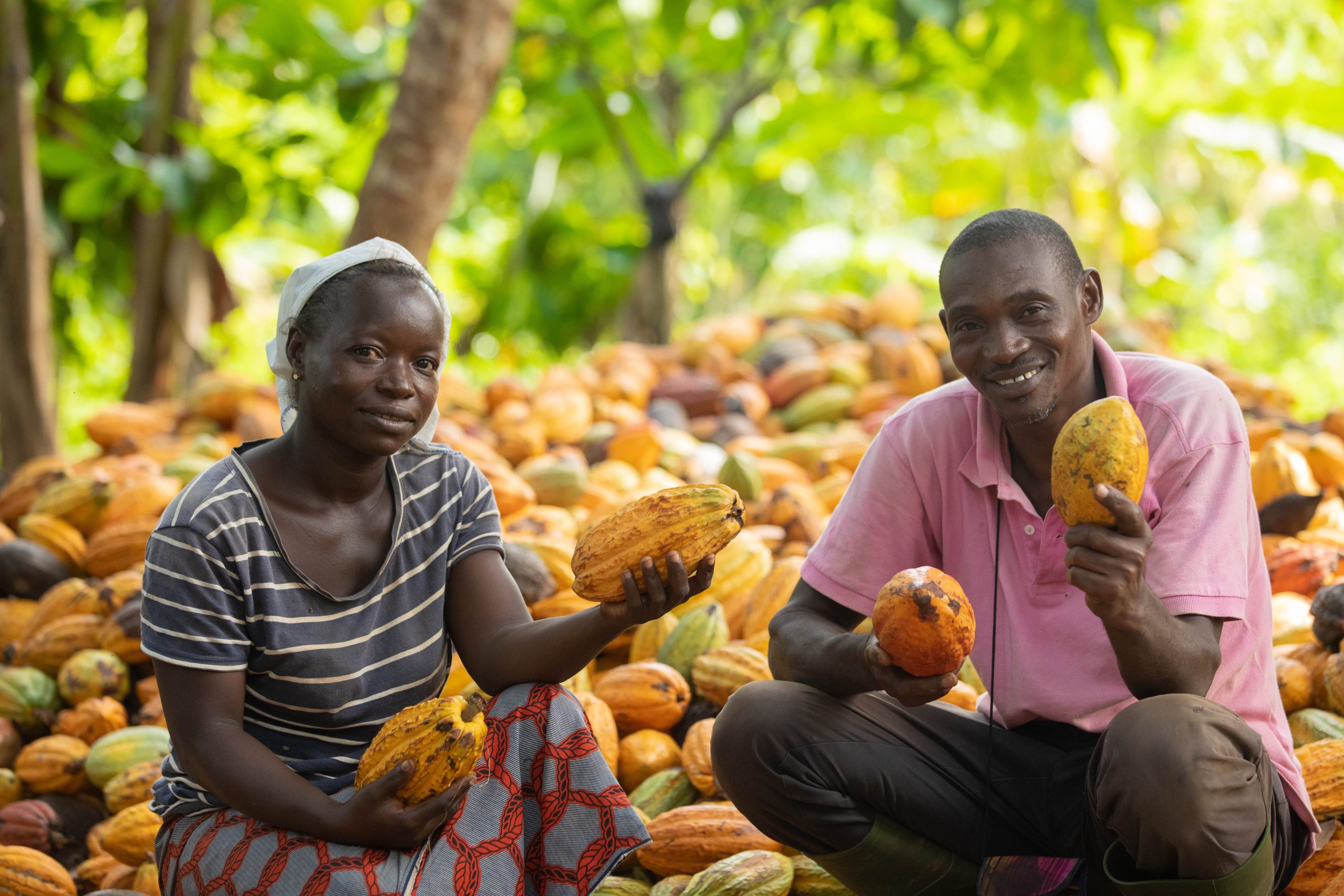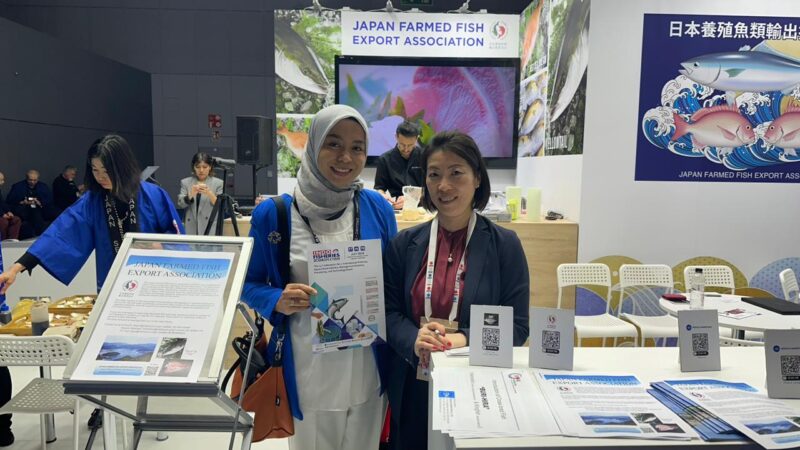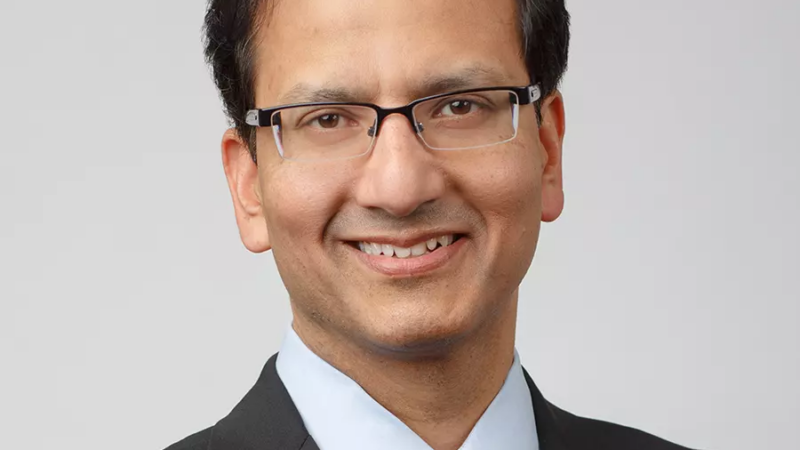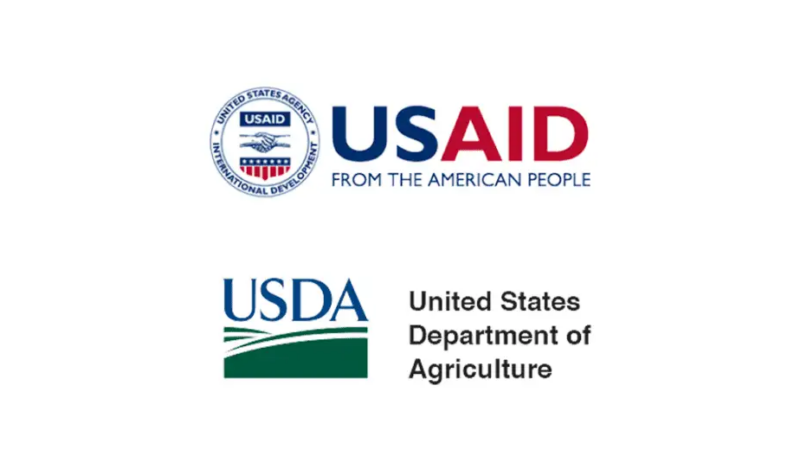
Fairtrade Africa has organised its General Assembly (GA) on the 26th August 2022 in Accra, Ghana for Fairtrade certified producer organisations across the continent.
GA is the highest decision-making body of Fairtrade Africa, constituted by representatives of producer organisations across Africa, who meet annually to deliberate on topics related to trade, market opportunities, sustainable production, advocacy for structural and institutional changes, living income, living wages among others, and to take key decisions to advance and empower farmers and workers.
The event brought about 60 delegates from the Middle East and North Africa Region, West Africa Region, Southern Africa Region, East and Central African Region, as well as Fairtrade Africa’s 7-member board.
Prior to the GA, a field visit was organised to Fairtrade producer organisations Fanteakwa Farmers Union, ABOCFA Cooperative who are cocoa producers, Golden Exotics Ltd, and Volta River Estates Ltd, producers and exporters of Fairtrade certified bananas, and Bomarts Farm Limited, processors of mango, pineapple and coconut.
The system of Fairtrade is unique in its governance approach. Farmers and workers own 50% of Fairtrade International. Fairtrade Africa is 100% owned by producers.
Fairtrade is the only certification scheme where farmers have total ownership.
Unlike other sustainability labels, which work as separate entities for farmers, Fairtrade is largely owned by the producers themselves, empowering producers and giving them a voice in decision making.
Speaking at the Opening of the General Assembly, Board Chair of Fairtrade Africa, Mr. Benjamin Kouame mentioned the important and strategic role the GA plays in driving the strategic direction of Fairtrade Africa towards its mission and purpose of empowering producers to enjoy sustainable livelihoods, fulfil their potential and decide on their future.
On his part Executive Director, Isaac Tongola said : “At Fairtrade, we believe in transforming producer organisations or farmer cooperatives to be viable business entities by focusing on farm business models, data and record management, strategic planning, as well as supporting producers through different programmes, projects, and partnerships to improve their access to market, agri-tech, innovation, income diversification and value addition on their produce, in line with our 2021- 2025 Strategic Plan”.
The meeting also allowed for the review of the governance footprints as well as impact of Fairtrade across the continent through the use of Fairtrade premiums and other programmatic and project interventions that have helped to build strong producer organisations, transforming them into viable business entities to access the agricultural commodity market.
Fairtrade impact in the agricultural sectorThrough Fairtrade premiums, producers have been able to transform their economies. Fairtrade premiums have supported community development initiatives. Fairtrade premium is a tool for development, helping farmers to contribute to their communities, invest in crop production and their cooperatives. The Fairtrade premium is paid directly to the cooperatives. Members democratically decide on how the funds will be used. Fairtrade believe that farmers are the best individuals who can decide on their future by contributing to the development of their communities. Through the Fairtrade premium, producer organisations undertake development projects such as the construction or renovation of schools, clinics, water systems, toilet facilities, teachers’ bungalows, scholarship programmes, office complexes. Some farmers have also been able to sign on their members to health insurance and also providing farm inputs. Farmers also donate teaching and learning materials to schools. This initiative helps to put the farmers at the centre of the development of their communities.Through its Living Income strategy which was developed in 2017, Fairtrade in partnership with its commercial partners has under taken several programmatic interventions that ensure that the root causes of poverty are addressed for smallholder farmers. The Living Wage strategy for hired labour workers also ensure decent wages for workers while also advocating for decent working conditions and the respect for rights of workers.





